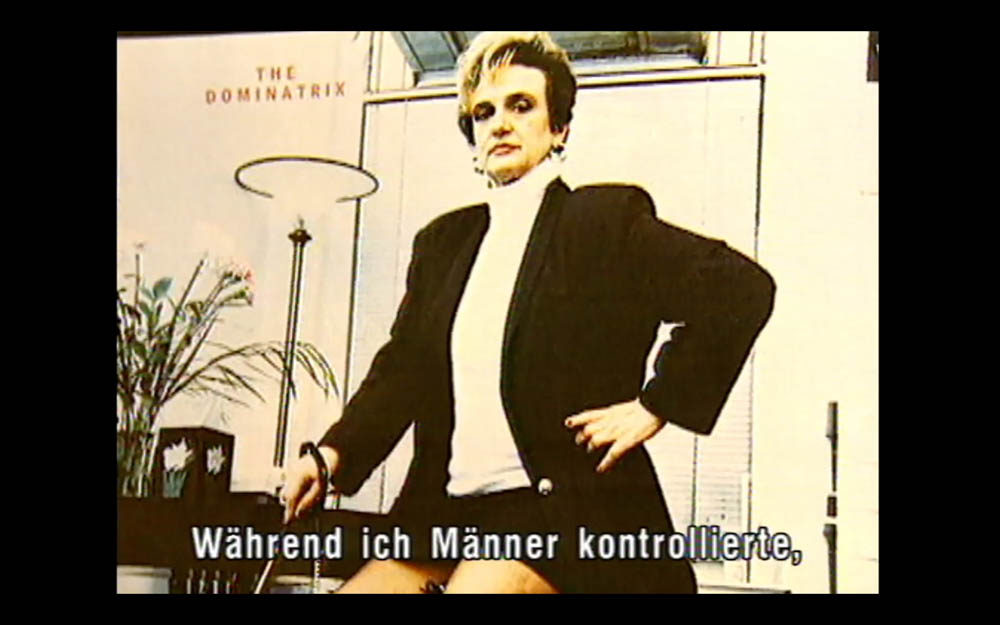6th Moon: Queer Classics: Monika Treut’s View on the Sexual Avant-garde (038)
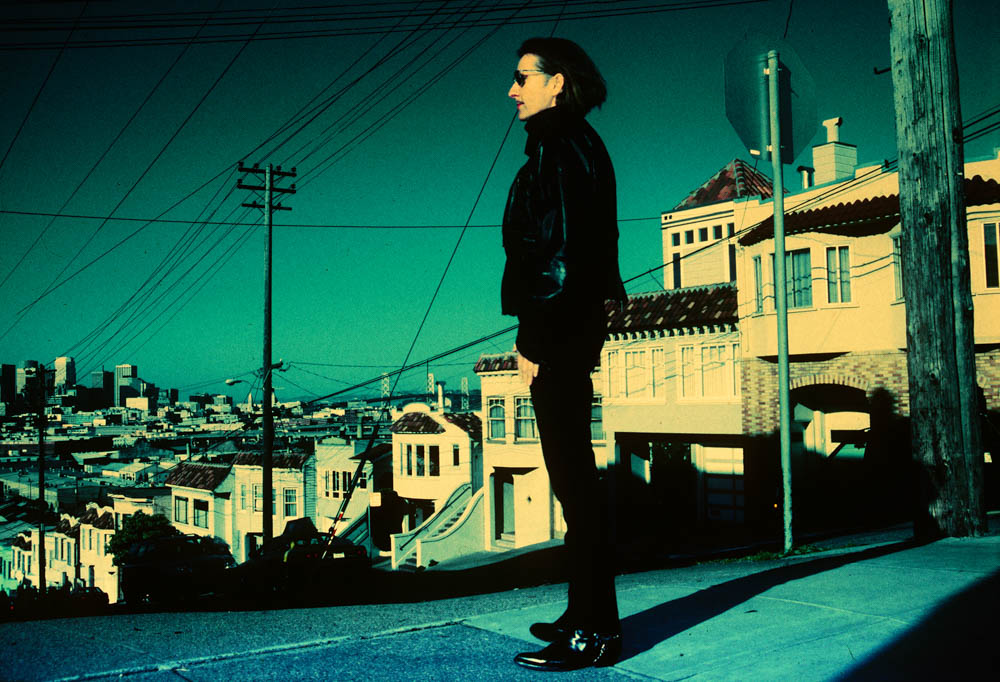
In the 6th program of the 12 Moons, we show a selection of documentary films from Monika Treut’s extensive work. We will focus on her passion for strong and resistant characters and meet individualists who create their own versions of feminism, who pursue their sexual and physical self-determination with willpower and who are utterly committed to their values and beliefs.
For more than 30 years, Monika Treut has carried out sexual-politically pioneering work through the medium of film. After being misunderstood and reviled in Germany in the 1980’s, Treut emigrated to the US where she joined a unique feminist, sexpositive, and genderfluid community in San Francisco and in New York City. It was her films about and with such communities that became the works that have shaped feminist and lesbian-queer film history like Virgin Machine and My Father is Coming.
Treut returned to Germany and has since been celebrated for her work and honored with prizes. Work trips took her to Brazil and Taiwan, where she produced documentary and feature films such as Warrior of Light and Ghosted.
Not losing her sense of humor in times of setbacks has always been one of Treut’s strengths. Only her latest film Gendernauts Revisited, from which we planned to screen unpublished footage in our 12 Moons Film Lounge, had to be postponed because of financial difficulties. As a member of Pro Quote Film, Treut has been engaged in the strive for diversified film funding committees and equally shared budgets.
The films in the 6th programme
(All in English with German subtitles)
In her film Gendernauts (GER, 1999, 86 Min.), Treut meets the “gender mixers” and “sexual cyborgs” who are changing their bodies with the help of new technologies and biochemical processes, leaving binary gender categories behind. In this documentary, Treut follows her friends –a group of artists– into their cosmos of 90s San Francisco, the then hub of the LGBTQIA+ movement. An up-to-the-minute contribution to biopolitics and rights about one’s own body.
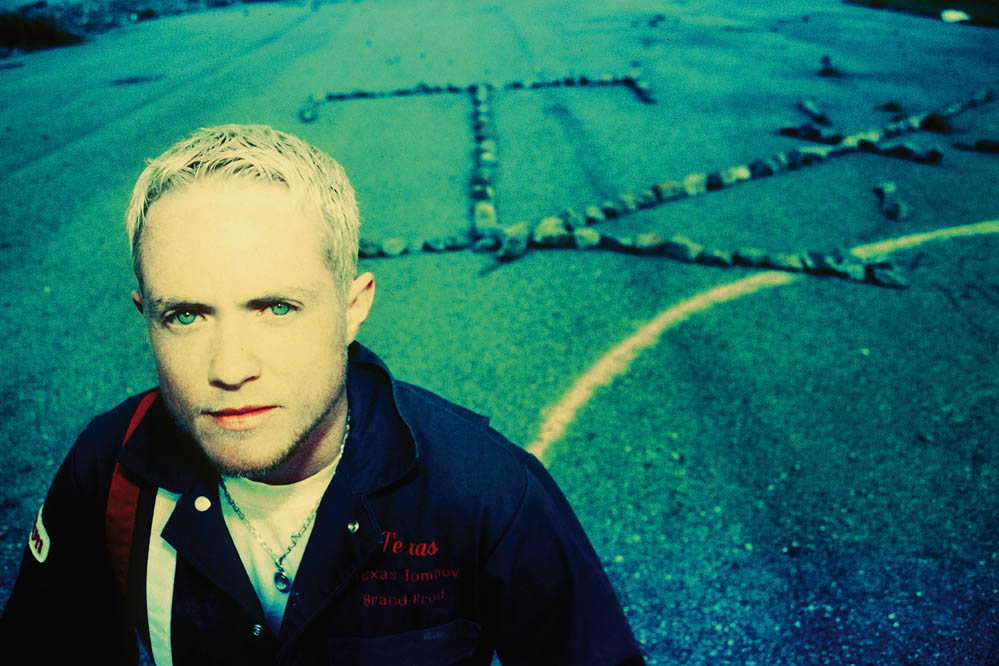
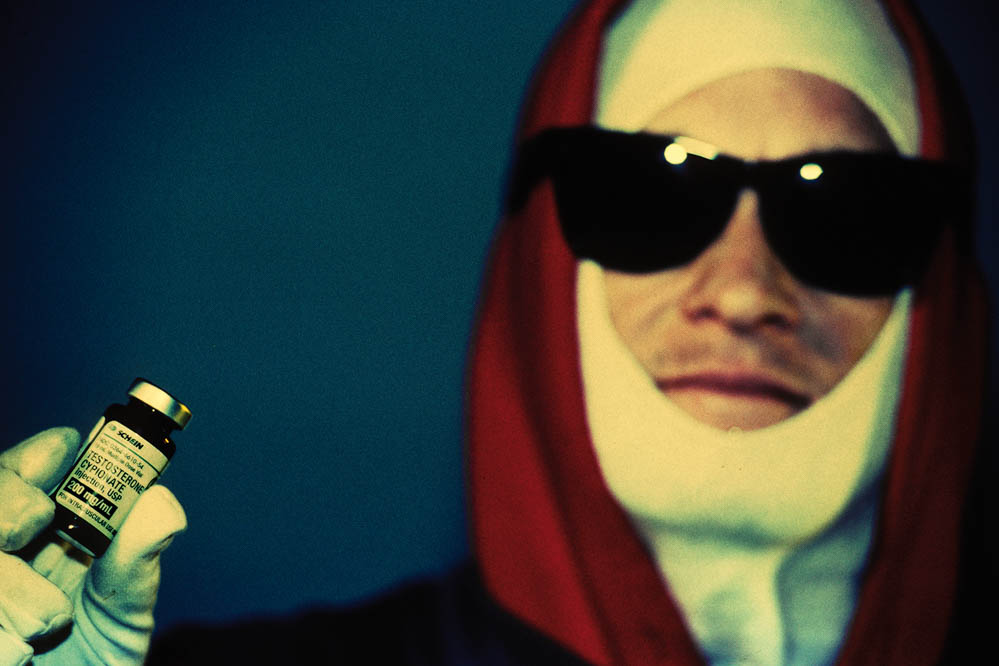
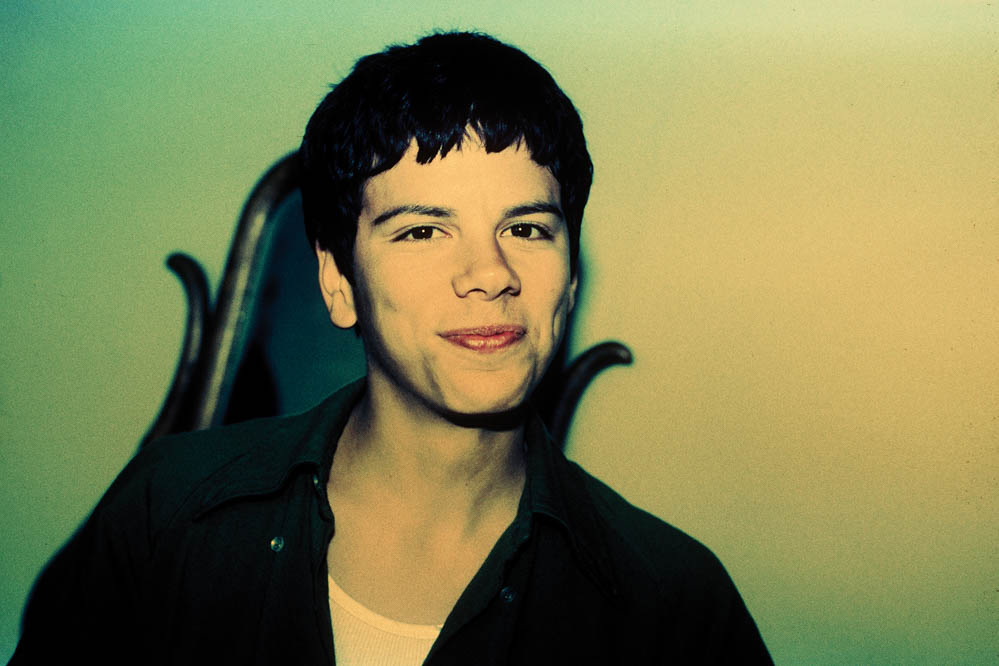
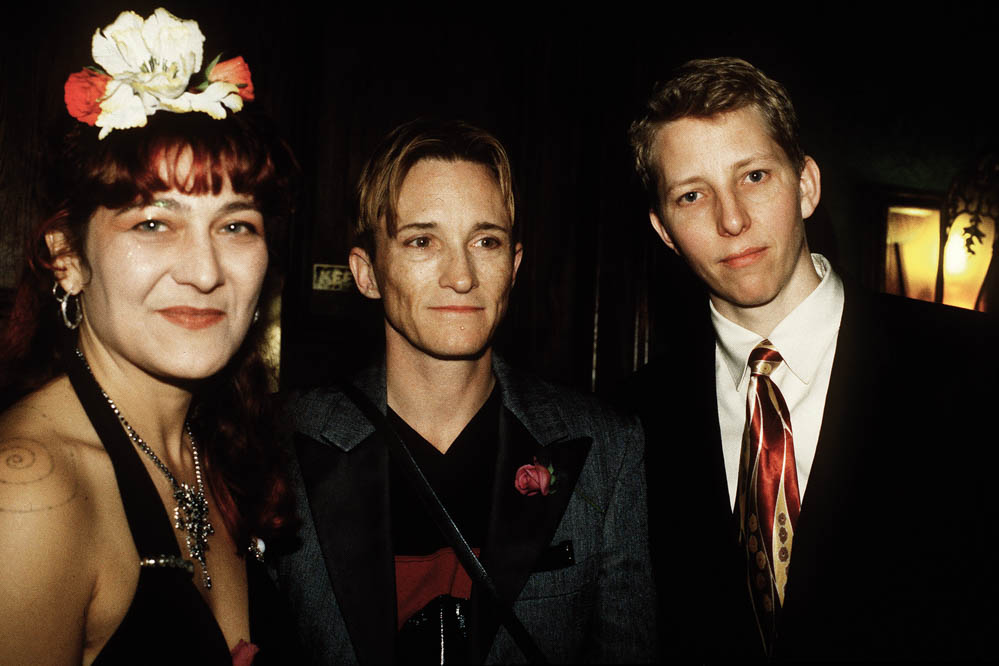
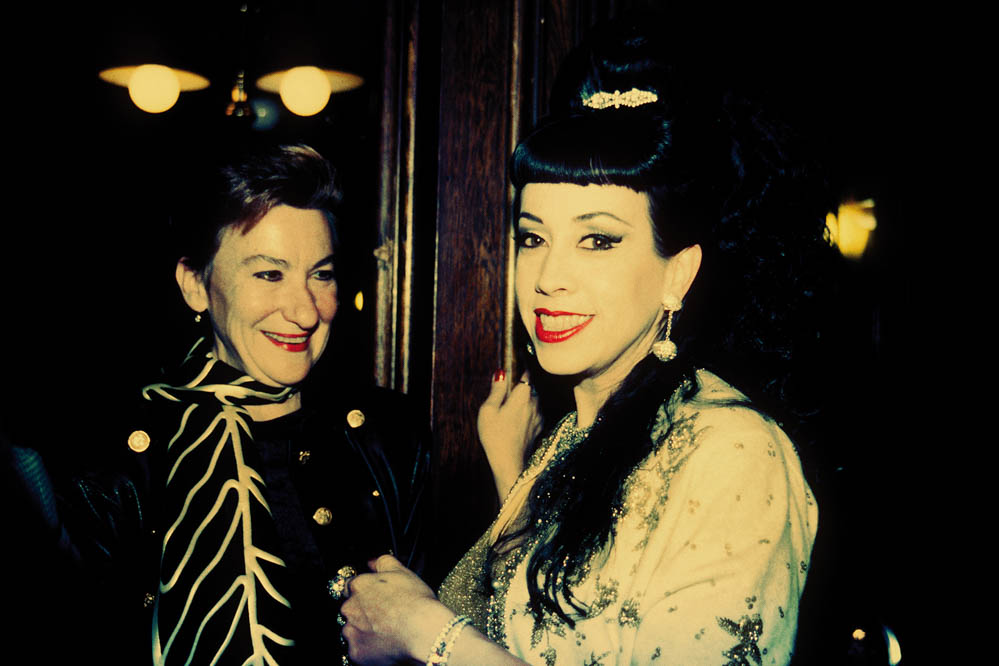
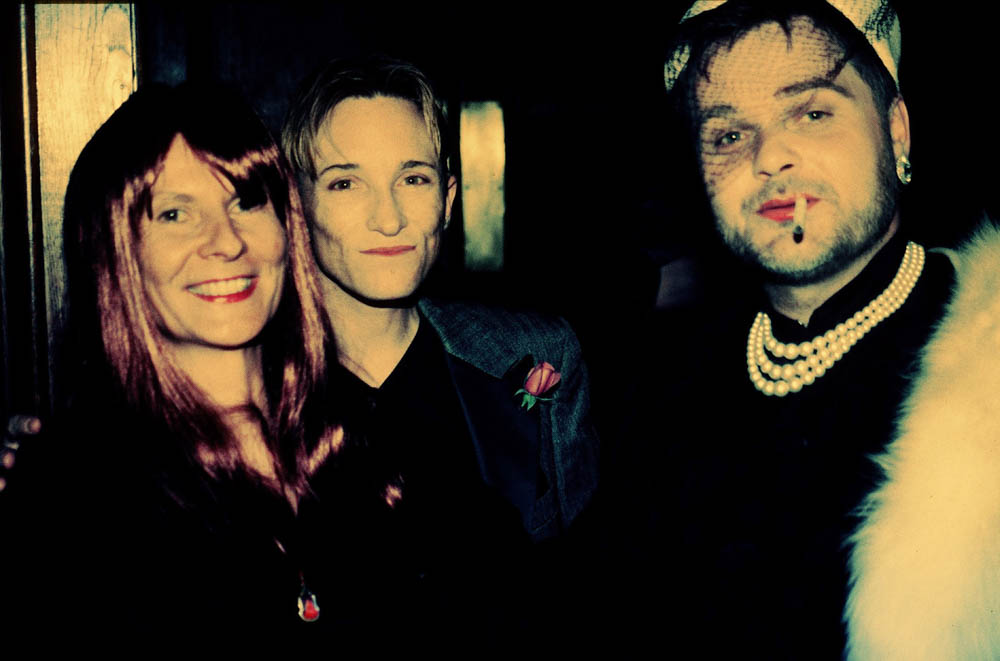
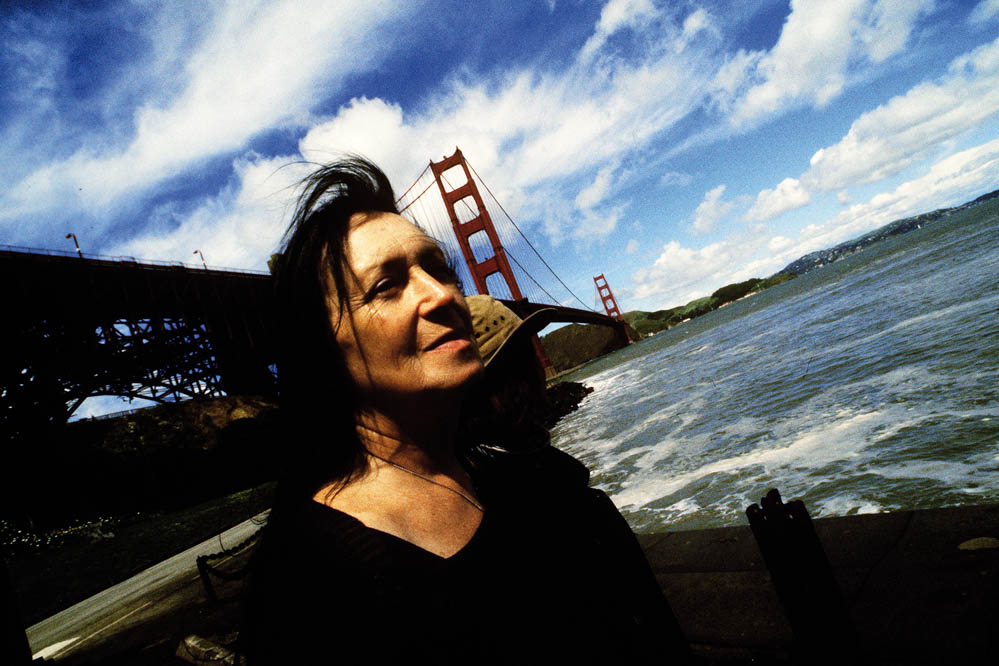
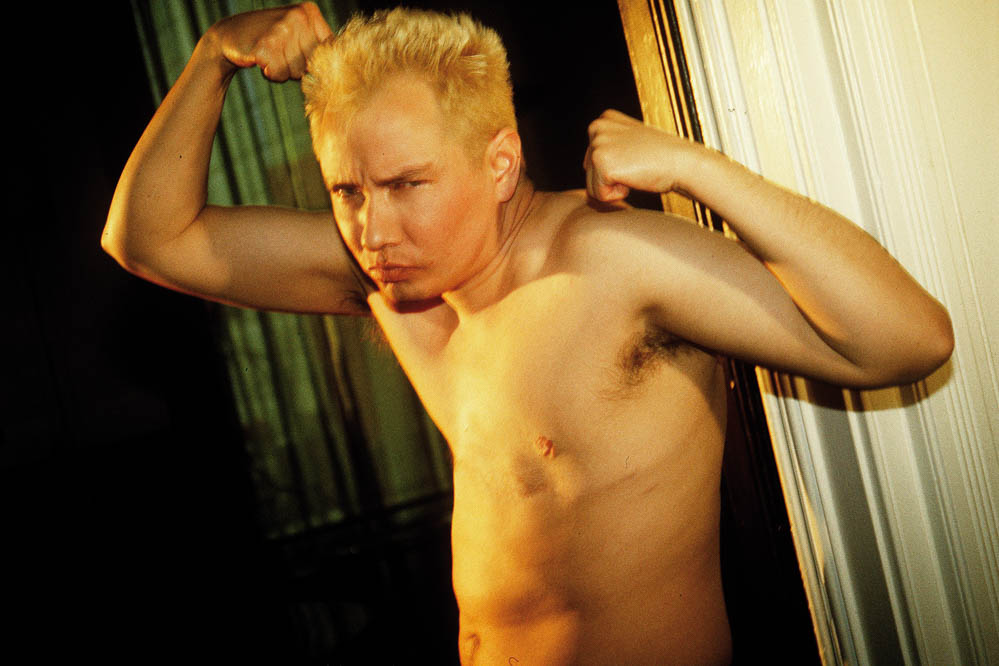
In contrast is Camille Paglia, “anti-feminist” (ascription) feminist and American professor of cultural studies who developed her own theory on the connection between sexuality and violence, nature and culture. She claims that no one “escapes their hormonal identity.” Currently her work and her persona are back in the debate about a legal dispute over the translation of her book Free Women, Free Men in the new-right Antaios Publishing House. The short film about the controversial Dr. Paglia (GER, 1992, 23 Min.) provides insights into the psyche and desires of this uncompromising woman.

Eva Norvind also cuts her own path uncompromisingly. The documentary Didn’t Do It For Love (GER, 1997, 80 Min.) traces Eva’s showgirl success in Paris and Québec, her blonde ‘sex-bomb’ career in the Mexican film business, her work as a photographer and journalist, as well as her role as a dominatrix and later into a graduate SM educator in New York. She is portrayed as a cool machismo superwoman and a raving self-promoter. But the gaze also falls on the fragile moments in which Eva admits her failure and in which her life breaks new grounds. Treut calls her film the “story of an odyssey through the wilderness of sexuality”, Blickpunkt Film “searching for clues in the boundaries of sexual pathological feminism”, Emily Barton of Time Out, New York calls Norvind a “great contemporary revolutionary”. A dense, unbiased portrait of an extraordinary life.
